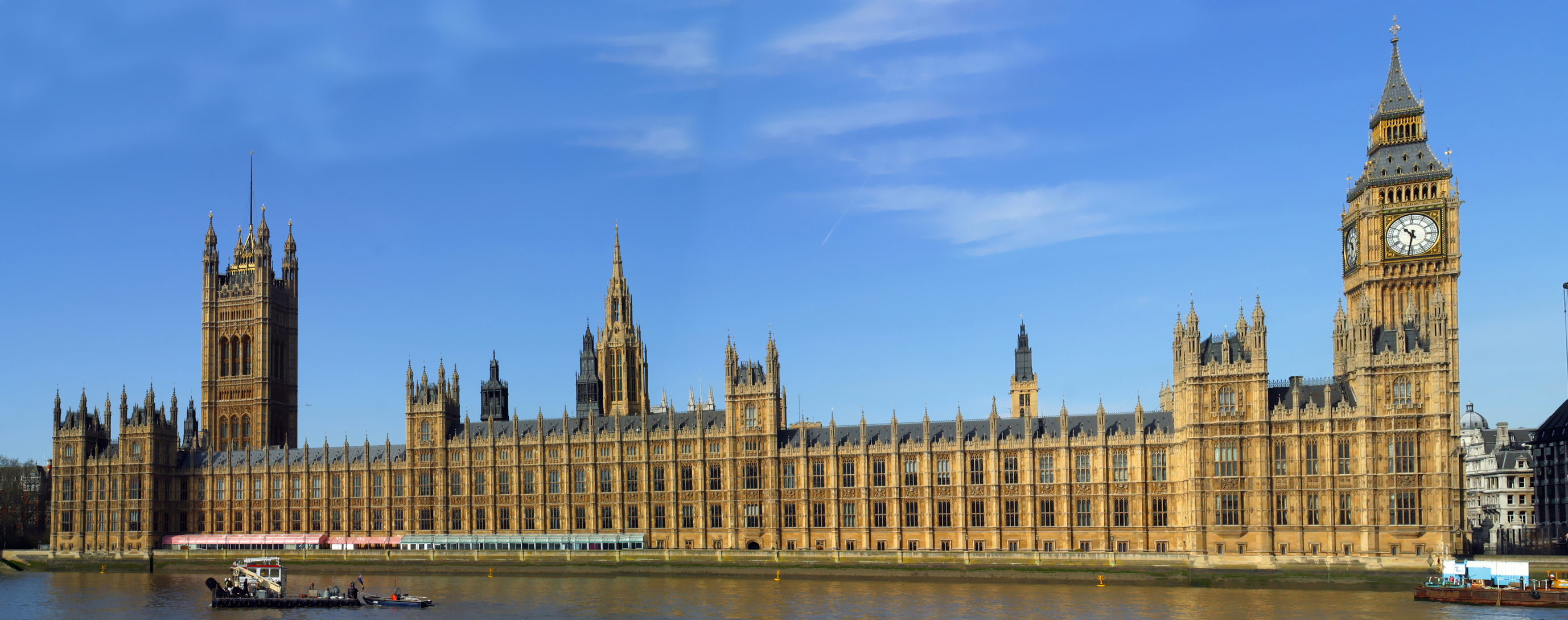Brexit secrets?
The government is refusing to release 58 secret Brexit impact studies in order to obstruct Parliament and hide the damage its “shambolic” handling of Brexit could cause the country, Unite has said.
The union’s comments come before Labour initiates a vote in the House of Commons this evening (November 1), which could force the government to release the economic impact studies to the Brexit select committee.
On Monday (October 30), the Brexit department said it would not provide key details from the 58 government studies, which cover 90 per cent of the economy, to the committee because officials need a “safe space” to create policy.
The Department for Exiting the EU said, “There is a strong public interest in policy-making associated with our exit from the EU being of the highest quality and conducted in a safe space to allow for design and deliberation to be done in private.”
Unite assistant general secretary Steve Turner said May’s administration is keeping the papers secret to prevent public questioning of their Brexit strategy and to stop Parliament fulfilling “its duty of keeping checks and balances on the government”.
“Our members and the public deserve to know what these papers say about the impact on their livelihoods from leaving the EU. The government’s need for a ‘safe space’ has nothing to do with creating policies and everything to do with hiding the full extent of the damage that could be caused by their shambolic mishandling of the Brexit negotiations,” Turner said.
“It is painfully obvious that the Tory Brextremists that have a chokehold on their party are prepared to throw the country under a bus in pursuit of a Brexit that alienates us from our biggest trading partners and turns the UK into a deregulated tax haven.
“The government is refusing to publish the studies because it knows they will check these destructive tendencies by allowing right and proper democratic scrutinies.”
Turner added, “For all its talk of sovereignty the government is intent on keeping Parliament and the public in the dark about the most serious challenge Britain has faced in peace time.
“The government wishes to do as it pleases over Brexit, even if that means hurting people’s living standards and damaging the economy,” Turner went on to say. “For the sake of the country, it must release the studies and allow Parliament to fulfil its duty of keeping checks and balances on the government.”
Transparency call
Earlier this month 120 cross-party MPs signed a letter calling on the Brexit secretary David Davis to publish the studies, which look at major industries such as agriculture, aerospace, and textiles. Prominent Tories, including former attorney general Dominic Grieve, have also called for them to be released.
Labour is demanding the papers be handed over to the Brexit select committee, which will then decide what to release to the public.
Labour said, “If the government oppose the motion… they are saying that the Brexit select committee, which has a Conservative majority, cannot be trusted with the impact assessments.”
Shadow Brexit secretary Keir Starmer said Labour recognised the importance of protecting the government’s negotiating position with the EU.
“However, that does not give ministers the right to impose a blanket ban on publishing any information whatsoever about the economic impact of Brexit,” Starmer said.
“At the start of the negotiations, Theresa May said everyone needed certainty during the Brexit process and that the vote to leave was a vote for Parliament to take back control. If those words meant anything at all, then she should stop side-lining Parliament and give MPs the information they need to properly hold the government to account in what are undoubtedly the most important negotiations since the Second World War.”
On Monday Unite provided its submission to the House of Lord’s European Union select committee Brexit enquiry.
The union called on the Brexit department to release the sectoral Brexit impact assessments, saying that the union’s 1.4m members, and the wider public, must be able to judge the government’s own analysis.
Read Unite’s submission in full here.
 Like
Like Follow
Follow


